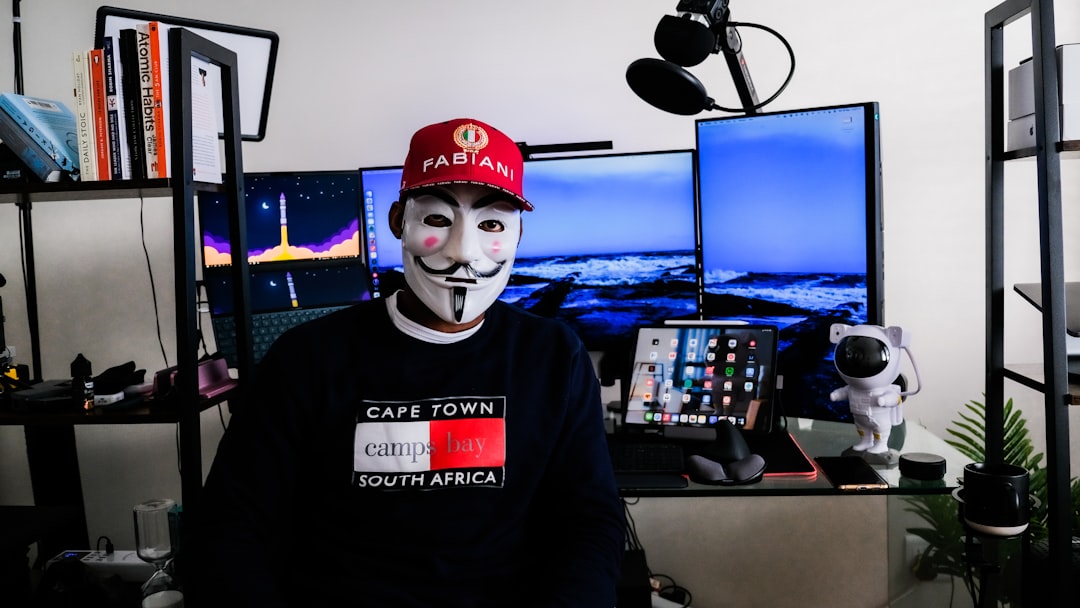Summary
YouTube has introduced a new AI-powered “Likeness Detection” tool designed to help creators identify and remove unauthorized deepfake videos that use their face or voice. Initially available to YouTube Partner Program members, this feature empowers creators to protect their identity and maintain control over AI-generated content that imitates them.
Introducing YouTube’s Likeness Detection Tool
On October 21, YouTube officially rolled out its AI-driven likeness detection tool aimed at safeguarding creators from deepfake and AI-generated videos made without their consent. Creators invited via email can access this feature through the new “Likeness” tab in YouTube Studio. This tool is part of YouTube’s broader effort to protect creator identities and combat deceptive AI content on the platform.
How the Tool Works
To get started, creators go through a simple verification process that involves submitting a government-issued photo ID and a short selfie video. Once verified, they gain access to a dashboard listing videos detected by YouTube that use their likeness. From there, creators can easily request removal of unauthorized videos under YouTube’s privacy policy or file copyright complaints. The removal process typically takes about 24 hours. Creators have full control over their participation and can opt out of the program at any time.
The new “Likeness” tab is located under the Copyright detection section in YouTube Studio, making it straightforward for creators to monitor and manage content that features their likeness.
Why This Matters: Fighting Deepfake Misuse
The rise of AI-generated content has led to increasing misuse, including videos that falsely endorse products, spread misinformation, or damage reputations. For example, an electronics brand recently used an AI-generated clone of a YouTuber’s voice to promote its products without permission. YouTube’s likeness detection tool helps creators combat such abuses and complements legislative efforts like the No Fakes Act, which aims to curb malicious AI replicas.
Privacy and Security Considerations
While the tool requires creators to submit facial scans, YouTube assures users that all data is securely processed to protect their privacy. This balance between security and privacy highlights YouTube’s commitment to creating a safe environment for creators amid evolving AI technologies.
Looking Ahead: Expansion and Commitment
YouTube plans to expand access to the likeness detection feature to all monetized creators by January 2026. This rollout demonstrates the platform’s dedication to empowering creators with tools to maintain authenticity and trust in their content.
Stay updated with the latest in tech, gaming, and more by following us on Twitter, Facebook, Google News, and Instagram. Don’t forget to subscribe to our YouTube channel for the newest videos.
